YOU ARE LEARNING:
Specialised Cells
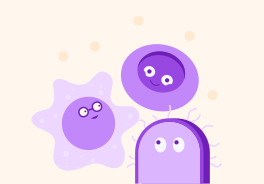
Specialised Cells
Cells differentiate into specialised cells that perform very specific functions.
Pick the statement that you think is true.

True or false? All the different types of cells in your body originally came from just one kind of cell.

A stem cell is one kind of cell that all other types of cells come from. Other types of cells are specialised cells. What do you think that means?

So the body has many different kinds of cells
Blood cells, bone cells, fat cells, muscle cells, nerve cells, sperm cells etc.
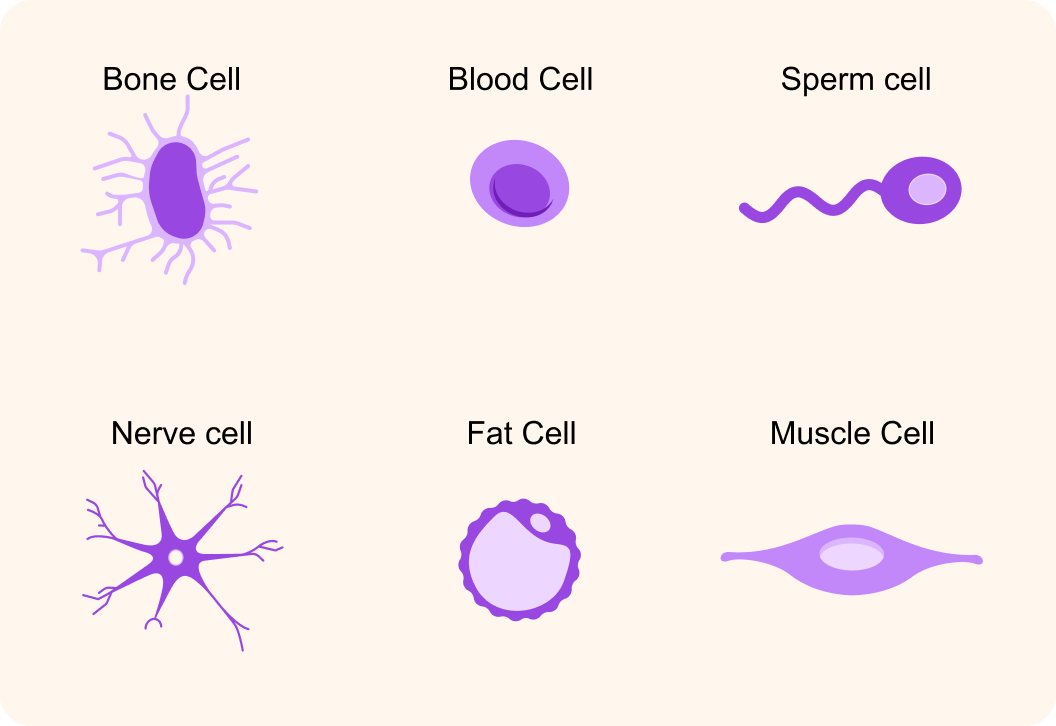
To begin with in the womb there was only one kind of cell, though, namely stem cells
Stem cells can become any kind of cell.
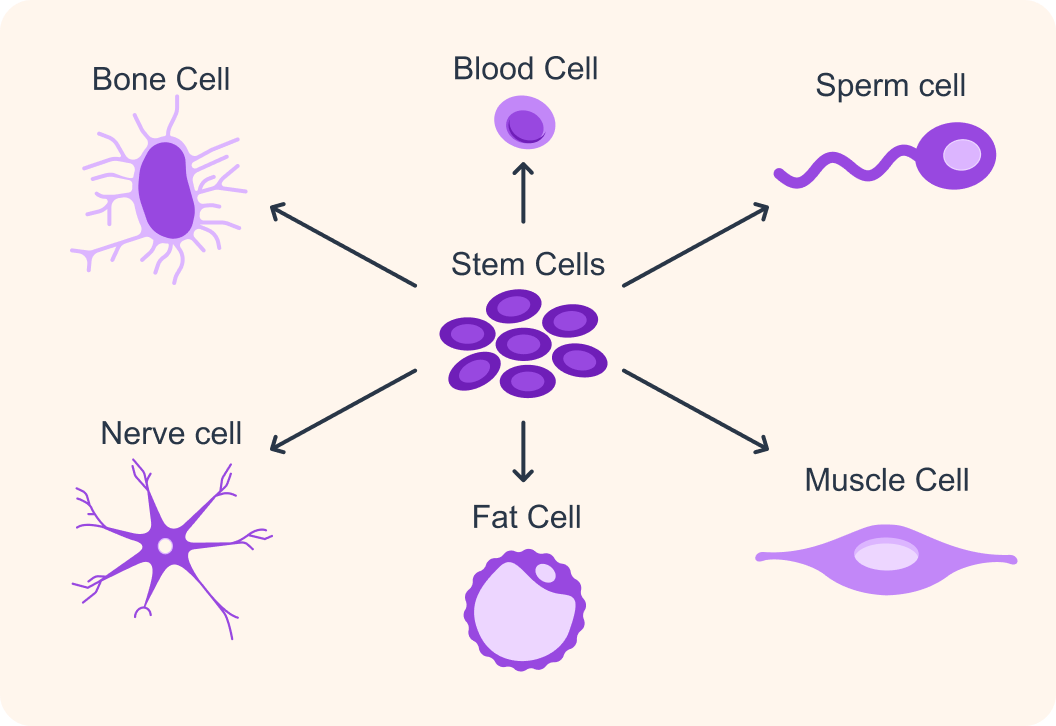
We say that stem cells differentiate into specialised cells
So sperm cells, egg cells, skin cells etc. are examples of specialised cells. We can think of them as "specialists" at what they do.

Having cells that are specialised is a good thing, because it means that each cell can be super _______

When stem cells become specialised cells, we say that they _________ into specialised cells

Next, you'll see three examples of specialised cells - cells that have differentiated to be able to perform very specific functions.
The first example is the cell type ciliated epithelial cells
They are specialised cells in your airways.
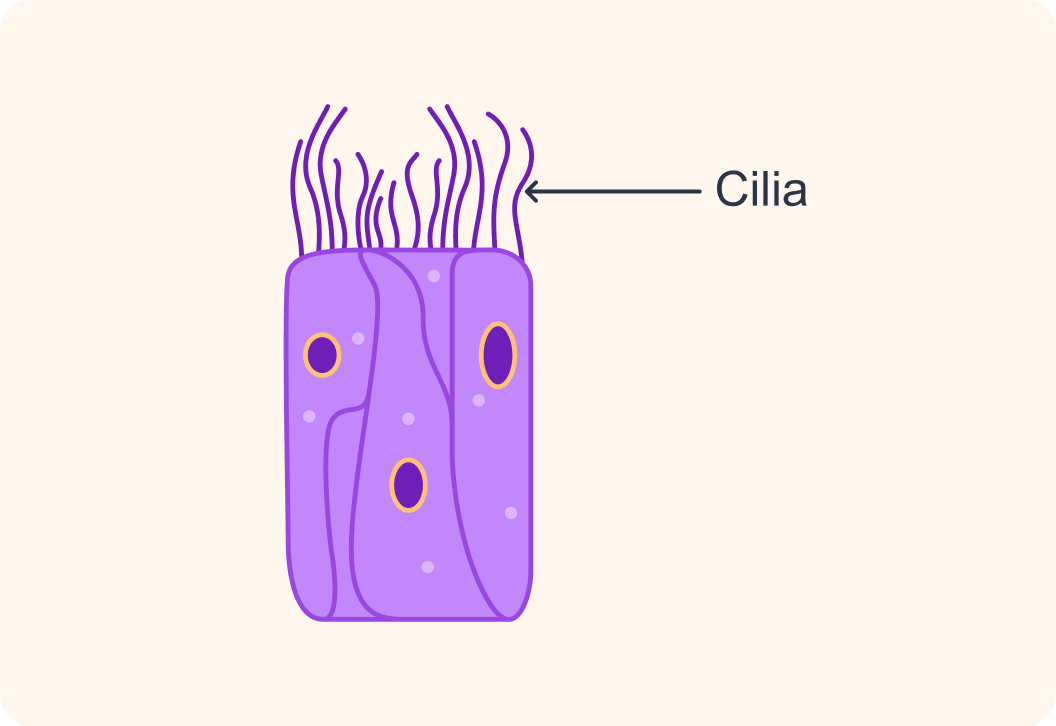
Why do you think ciliated epithelial cells have specialised to have these thin hairlike extensions (cilia)?


So cilia trap dust. What do you think they do next?


So ciliated epithelial cells are specialised cells
They have developed cilia that trap dust and other things in your airways and move it back out of your airways.

The second example is an egg cell
These are the female sex cells. So when one of these combines with a sperm cell from a male, it might eventually make a new individual.
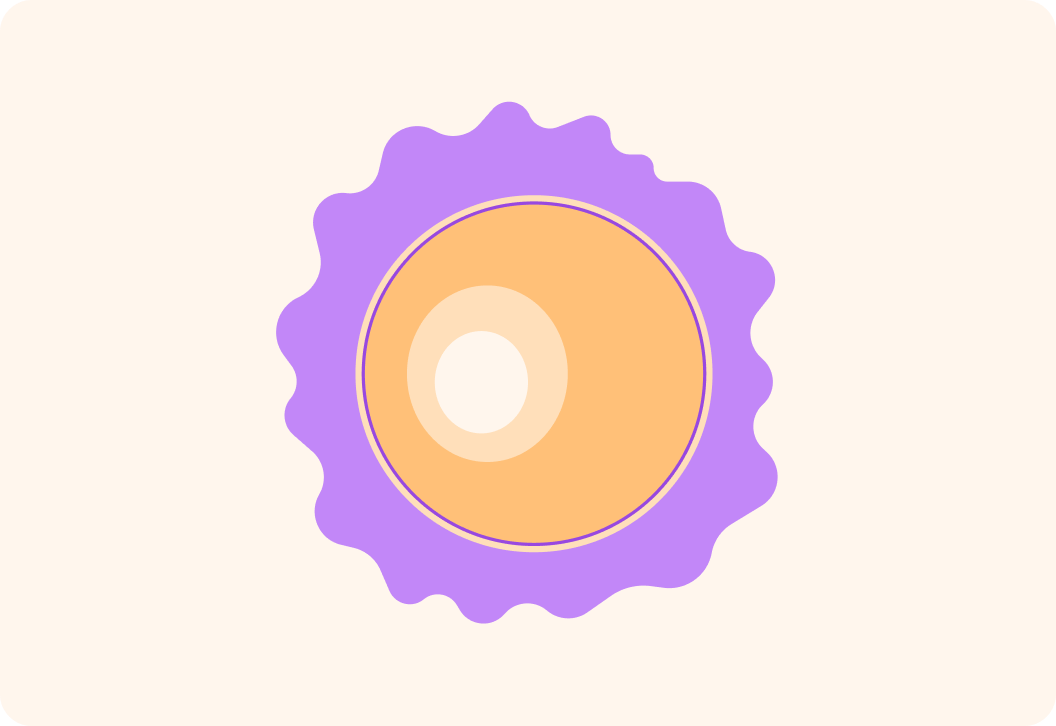
Egg cells have specialised to hold lots and lots of nutrients in the cytoplasm. Why do you think that would be a good thing for egg cells in particular?


Also, egg cells have developed a special skill to change their membrane if a sperm cell enters it. Why does the egg cell want to be able to do that?


So egg cells are specialised cells
They contain nutrients in the cytoplasm to be able to feed a potential foetus, and they can change their cell membrane to make sure that only one sperm cell can enter.

The third and final example is a sperm cell
These are the male sex cells. Once they have left the male's body, they have to race as fast as they can towards the egg cell inside the female's body.
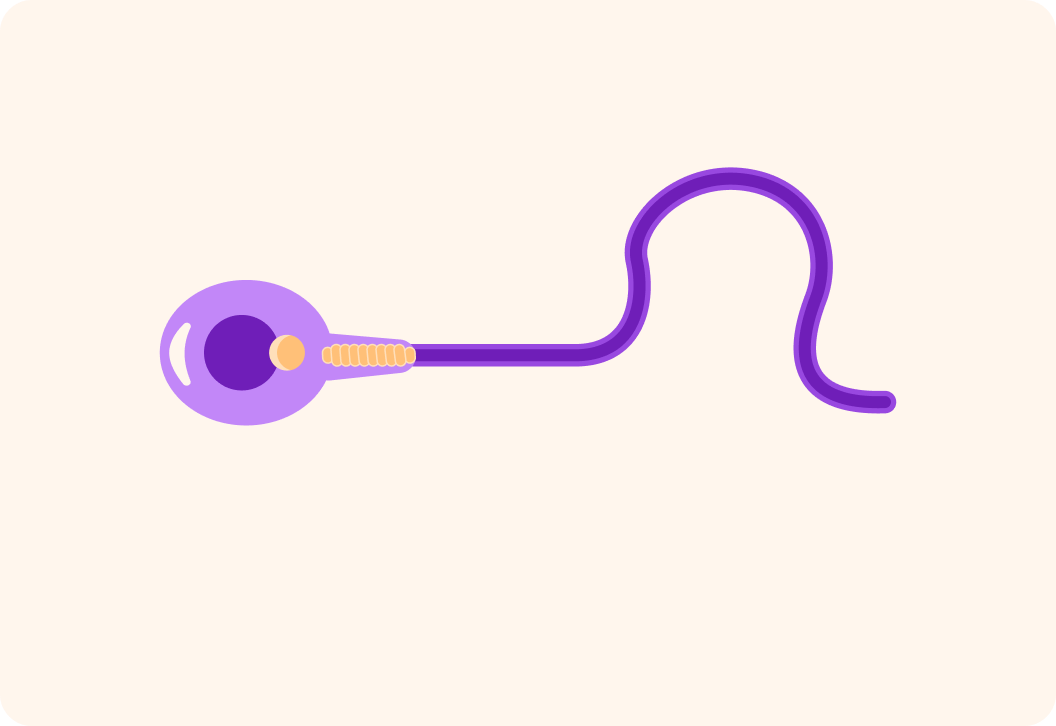
Why do you think sperm cells have specialised into having such long tails?

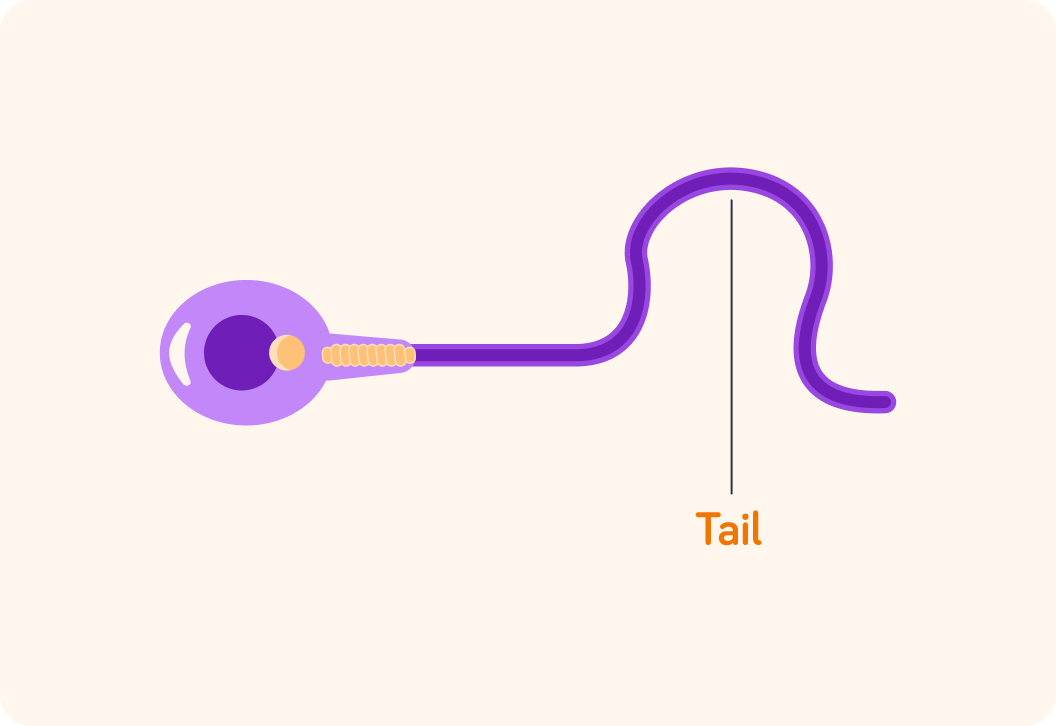
All that swimming requires tonnes and tonnes of energy, so sperm cells have specialised into having particularly many ______________.


Sperm cells also have a special part, called the acrosome. The acrosome allows the sperm cell to wriggle its way into the egg cell. Where do you think the acrosome is?

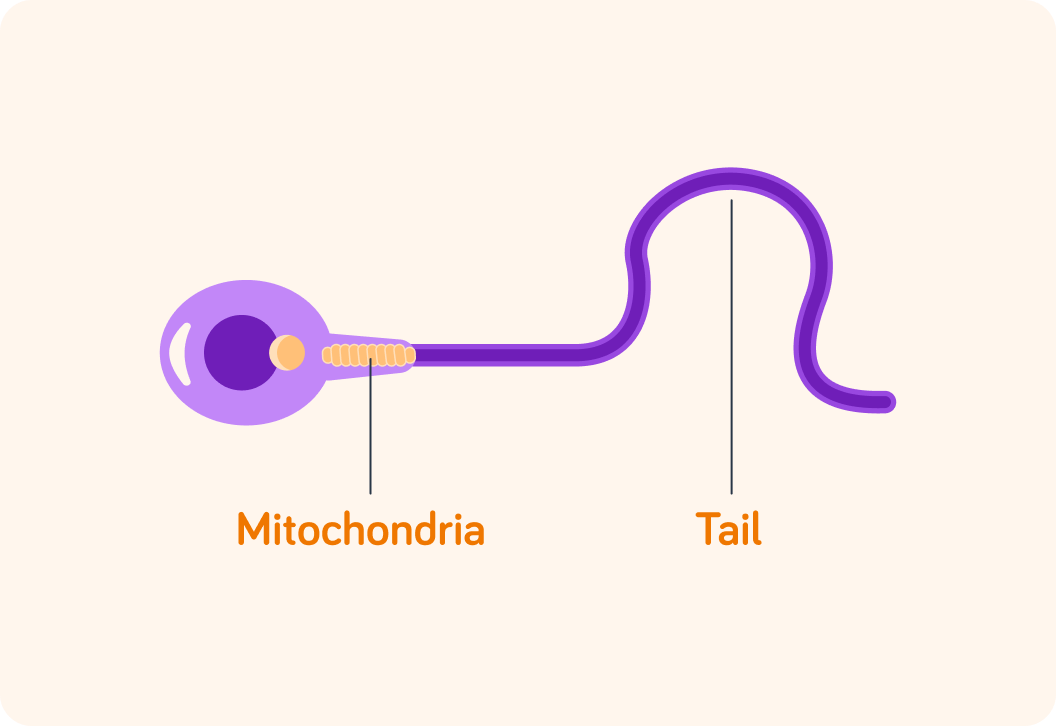
So sperm cells are specialised cells
They need to swim really far and really fast, so they have developed long tails.
All this swimming requires a lot of energy, so they have particularly many mitochondria compared to other types of cells.
They have developed an acrosome at the tip of the "head" to be able to wriggle their way into the egg cell.
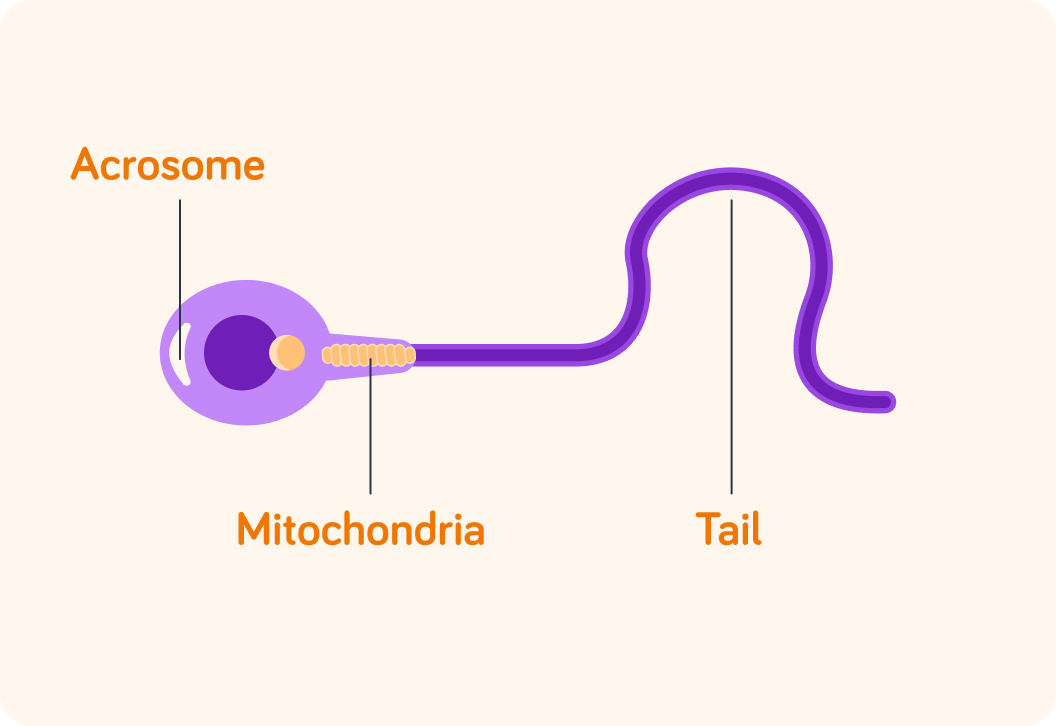
Actually egg cells and sperm cells are also special in that they contain less DNA than other types of cells. How much less, do you think?

To summarise, you have many different types of cells in your body
Each type of cell is specialised to be able to perform very specific functions. This makes the cells and your body very efficient.

Originally, all these different cell types came from stem cells
Stem cells differentiated into different kinds of specialised cells, for example bone cells, muscle cells, nerve cells, sperm cells, fat cells etc.

Example 1: Ciliated epithelial cells are specialised cells
They have developed cilia (hairlike extensions) that can trap dust in your airways and move it back out of your body.

Example 2: Egg cells are specialised cells
They contain nutrients in the cytoplasm to be able to feed a potential foetus, and they can change their cell membrane to make sure that only one sperm cell can enter.

Example 3: Sperm cells are specialised cells
They need to swim really far and really fast, so they have developed long tails and particularly many mitochondria to generate the energy that swimming requires. They have also developed an acrosome so that they can pierce their way into an egg cell.

Egg cells and sperm cells only have half the amount of DNA compared to other cell types
This is because they fuse to become one "whole" cell. We call these cells sex cells, gametes or haploid cells.

